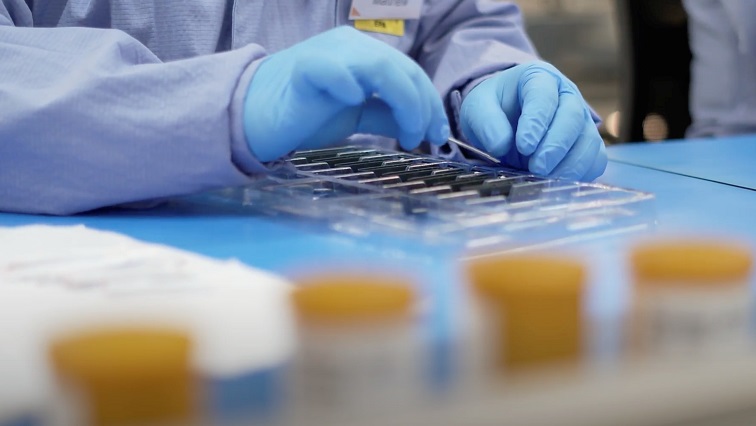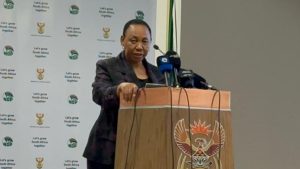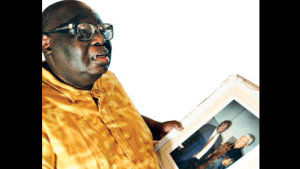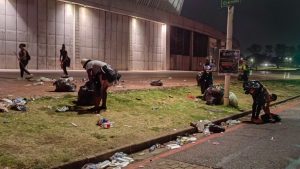More research is needed into immunity after recovery from COVID-19 including how long it lasts.
According to the Vice-President for Research at the South African Medical Research Council (SAMRC) Professor Jeffrey Mphahlele, with research ongoing, there seems to be no conclusive data to suggest that there is large-scale re-infection.
Mphahlele was commenting on immunity and the effects of the new coronavirus variant that has ravaged South Africa.
“Research is still ongoing to establish whether you can get re-infection, especially with the new variant. It’s too early to make a conclusion at this stage. But clearly, it’s one of the research questions that is very pertinent to answer. At the moment, we don’t have conclusive data that support large scale re-infection because of the variant.”
A United Kingdom (UK) study of healthcare workers found that people who have had COVID-19 are highly likely to have immunity to it for at least five months but there is also evidence that those with antibodies may still be able to carry and spread the virus.
Preliminary findings by scientists at Public Health England (PHE) showed that reinfections in people who have COVID-19 antibodies from a past infection are rare.
But experts have cautioned that the findings mean people who contracted the disease in the first wave of the pandemic in the early months of 2020 may now be vulnerable to catching it again.
They also warned that people with so-called “natural immunity” – acquired through having had the infection – may still be able to carry the SARS-CoV-2 coronavirus in their nose and throat, and could unwittingly pass it on.
South Africa might struggle to store the new COVID-19 vaccine:
Meanwhile, South African scientists will be among the first to help answer whether currently approved COVID-19 vaccines work against the new variant of the disease.
National Institute for Communicable Diseases Associate Professor Penny Moore says, “We take blood samples from people who enrolled in vaccine trials, and we take those [samples] into the lab and conduct head to head experiments, with the old variant and the new variant and we ask whether the new variant has reduced sensitivity.”
Prof Penny Moore speaks to SAfm’s Sunrise show:
South Africa is getting ready to roll out the COVID-19 vaccine. Health Minister Dr Zweli Mkhize said that priority will be given to the country’s more than one million healthcare workers in both the private and public sectors.
Mkhize said, “I am pleased to announce that the institute of India has given us permission to make a public announcement in preparation for the rollout to 1.25 million health workers to both private and public health.”
“South Africa will receive the first 1 million doses of vaccine in January and another 500 000 in February. Our teams are fine-tuning all the regulation processes,” added Mkhize.
In the Explainer below, the breakdown of the South African government’s COVID-19 vaccine rollout strategy:






